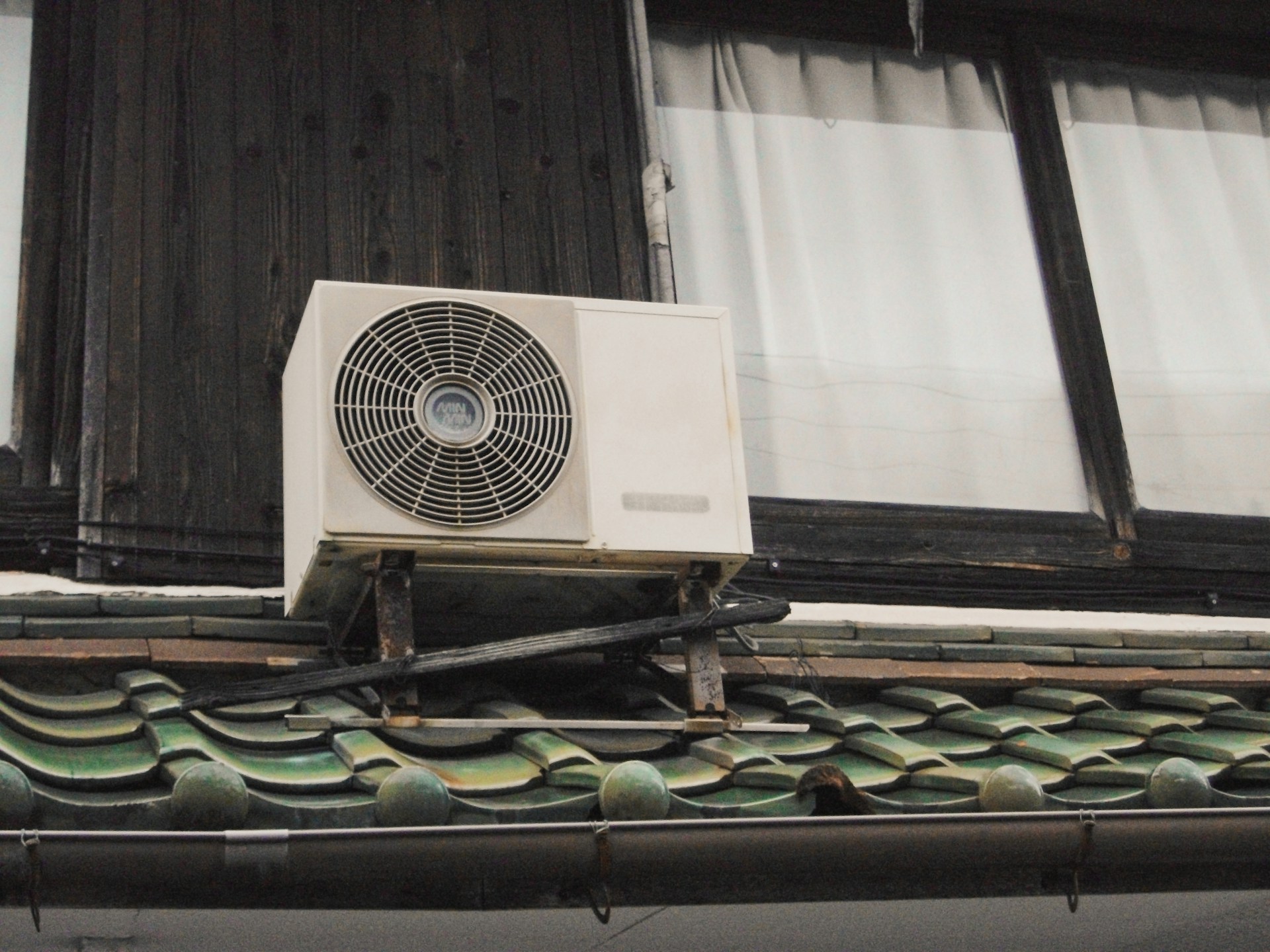As homeowners increasingly seek energy-efficient and environmentally conscious solutions for their heating and cooling needs, heat pump installation has garnered significant attention as a viable alternative. Heat pumps offer a unique, energy-saving approach to home climate control, providing heating and cooling functions using minimal electricity. Understanding how heat pumps work and the benefits they can deliver to your home is essential in determining if this system is the right choice for your specific needs.
Fix-It 24/7 will explore the fundamentals of heat pump operation, including the differences between air-source and ground-source heat pumps and their respective applications. We will also discuss heat pump installation’s numerous advantages to your home, from reduced energy consumption and lower utility costs to versatile climate control and a minimized environmental impact. Furthermore, we will touch on the importance of hiring skilled technicians, like our professionals, to properly assess your home’s requirements and ensure the installation and operation of your heat pump are tailored for maximum performance and efficiency.
Embracing the potential of heat pump technology can revolutionize your home’s comfort levels while contributing to a greener, more sustainable lifestyle. Allow our expert team to guide you through heat pump installation, ensuring your home’s heating and cooling system is tailored for optimal efficiency and environmental stewardship.
1. Heat Pump Operation: Air-Source vs. Ground-Source
Heat pumps transfer heat between the inside and outside of your home, depending on the desired indoor temperature. During winter, they extract heat from the outdoor air or ground and bring it indoors to heat your home. Conversely, they expel heat from inside your home to the outdoors in the summer, providing effective cooling. There are two main types of heat pumps to consider when evaluating this climate control solution for your home: air-source and ground-source.
Air-source heat pumps extract heat from the outdoor air, even when temperatures are cold. They use a refrigerant cycle, similar to traditional air conditioners, to transfer heat between the inside and outside of your home. These systems typically have lower upfront costs, making them the more popular choice for homeowners.
Ground-source, or geothermal, heat pumps tap into the stable temperatures below the Earth’s surface to transfer heat. These systems have underground pipes, known as ground loops, which utilize thermal energy stored beneath the earth. While ground-source heat pumps are generally more energy-efficient than air-source alternatives, they also have higher upfront installation costs due to the earth excavation requirement.
2. Reduced Energy Consumption and Lower Utility Bills
One of the primary benefits of heat pump installation is its ability to reduce energy consumption. Heat pumps are exceptionally energy-efficient, as they do not generate heat but transfer it from one location to another. Since less electricity is consumed in this process, homeowners can experience significant savings on their utility bills.
Additionally, many heat pumps come with variable-speed compressors, which can offer greater energy efficiency by adjusting the system’s output to match changing heating or cooling demands. This ensures that the heat pump operates at its most efficient level, further contributing to reduced energy consumption and lower utility costs.
3. Versatile Climate Control
Another advantage of heat pump installation is its versatility in terms of climate control. As mentioned earlier, heat pumps provide both heating and cooling functions, eliminating the need for separate systems and simplifying home comfort management. Homeowners with heat pump systems can easily switch from heating to cooling mode and vice versa as the seasons change, allowing for seamless temperature control year-round.
Moreover, heat pumps can be paired with smart thermostats, which provide advanced controls and scheduling features to further optimize energy efficiency and home comfort. Combining a heat pump’s versatility and a smart thermostat’s intelligent capabilities can lead to an unparalleled climate control experience for homeowners.
4. Minimized Environmental Impact
Heat pump installation also offers environmental benefits, as these systems rely heavily on renewable energy sources, such as the outdoor air or the Earth’s thermal energy. Their energy-efficient operation reduces fossil fuel consumption and a smaller carbon footprint, contributing to a more sustainable lifestyle.
By choosing heat pump technology as your home’s heating and cooling solution, you are reducing your energy expenses and actively participating in the global effort to minimize greenhouse gas emissions and mitigate climate change.
Trust Our Experts for Your Heat Pump Installation Needs
Heat pump installation presents an energy-efficient and environmentally friendly alternative to traditional heating and cooling systems. Heat pumps can revolutionize your home’s comfort levels while promoting a sustainable lifestyle, from their versatile climate control capabilities and reduced energy consumption to their minimized environmental impact.
At Fix-It 24/7, our skilled technicians are equipped to guide you through selecting the right heat pump system for your home and to carry out a seamless and professional installation. Rely on our expertise for your heat pump installation needs and experience the benefits of more energy-efficient, comfortable, and eco-conscious homes. Contact us today to schedule a consultation and take the first step towards a greener, more comfortable living environment.


